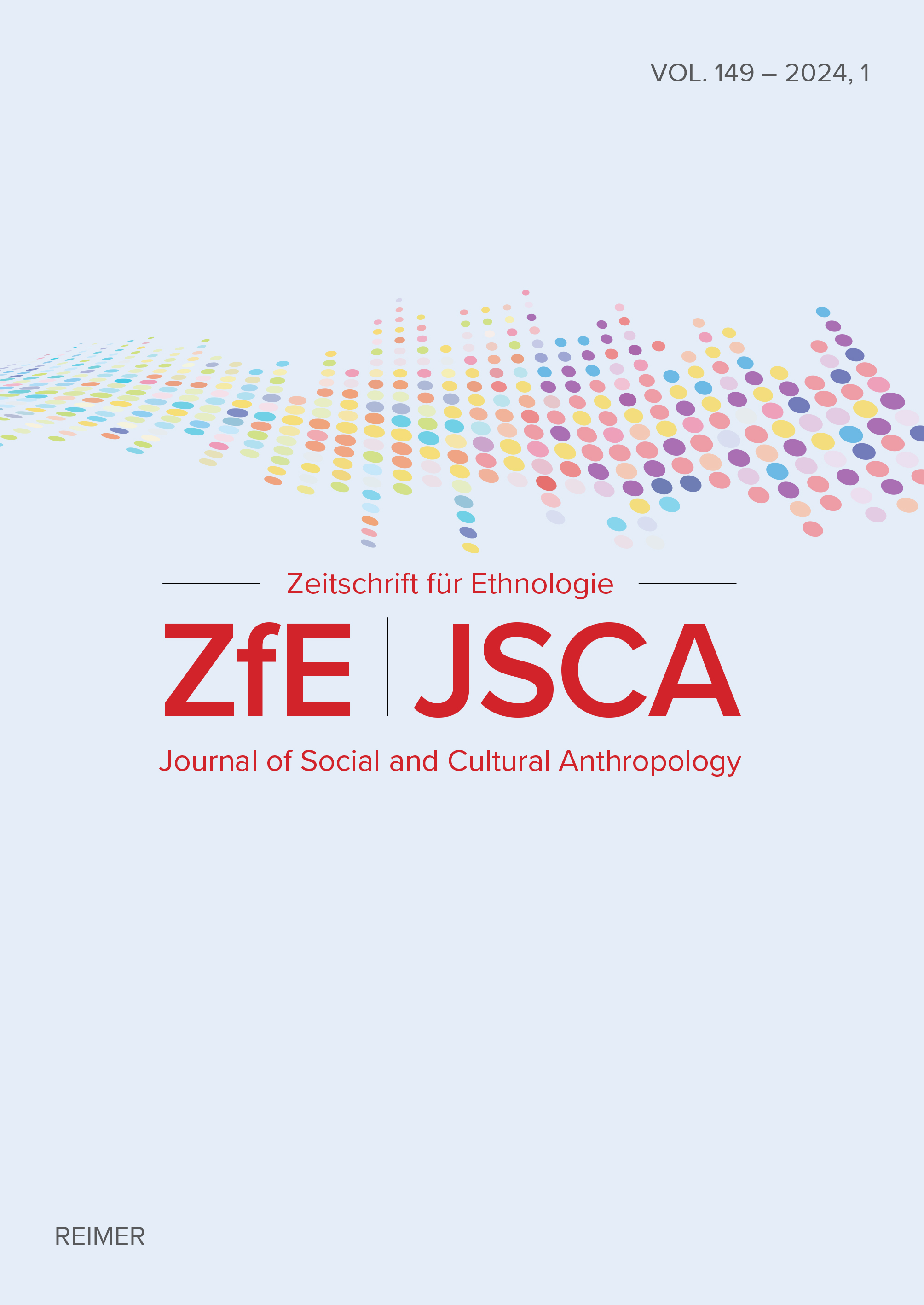Rethinking Psychology in Africa: From Decolonizing to Universalizing Knowledge in an Emerging Field
Main Article Content
Abstract
Inspired by broader calls to decolonize knowledge, psychologists in Africa have recently started debating the necessity and feasibility of creating a distinctly African psychology as a new academic discipline and field of practice. Some view this idea, whether sceptically or enthusiastically, as a primarily political move; others are more concerned with philosophical questions regarding the possibilities, and boundaries, of universal psychological knowledge. While critics warn of the risks of exoticizing and further marginalizing ‘African’ psychology from what they see as a universal discipline, proponents argue that mainstream ‘Western psychology’ has so far been harmful, or at best irrelevant, for Africans. My article engages with these recent debates by drawing on my fieldwork among psychotherapists in Uganda. I question conventional framings of psychotherapy as something external and foreign to ‘Africa’ that has been imposed by outsiders. Instead, I show how Ugandan therapists consider themselves part of a universal field of knowledge and how, through their efforts to make this knowledge relevant in Uganda, they actively engage in the production and negotiation of psy’s universality. Nevertheless, they are confronted by historical legacies and contemporary structural inequalities which limit how and where they can practice, and how their work is valued.
Article Details

This work is licensed under a Creative Commons Attribution-NonCommercial-NoDerivatives 4.0 International License.

